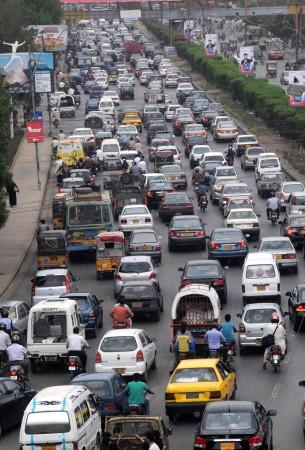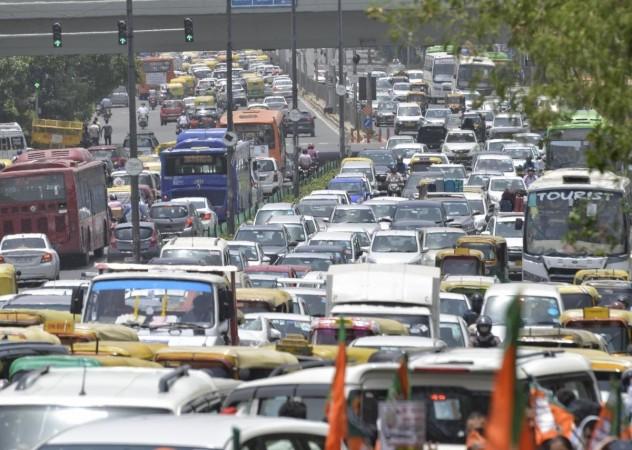
An Associate Professor, Ankit Gupta, in the Transportation Engineering Section of the Civil Engineering department of IIT Banaras Hindu University (BHU) and a Ph. D student, Sumit Mishra, at Korea Advanced Institute of Science and Technology, South Korea have developed an innovative system 'Spatio-Temporal Traffic Data Reporting for Smart City Services'.
Associate Professor Ankit Gupta said that the Smart City Traffic System is a network of interconnected modules designed to gather, analyse, and disseminate traffic data in real-time and provide accurate, real-time traffic information.
"What makes this system truly remarkable is its ability to generate insights based on either traffic sensor and crowdsourced data," Gupta said.

He said that the crowdsourced information is collected from everyday commuters through third-party services like Google Maps.
"This data provides real-time insights into traffic conditions, such as vehicle speed and travel time," the Associate Professor said.
To secure user privacy, third parties provide limited analytics instead of raw GPS data. The system uses sophisticated algorithms to calculate comparative metrics that can serve use cases like congestion levels. These services can include traffic diversion and optimal traffic light timing deployment.
For more sophisticated parameters like queue length and waiting time, which are useful for optimal traffic light timing deployment, raw data processing is necessary.
Similarly, smart city services like traffic emission estimation require information obtained from processing raw data. A traffic simulation tool like SUMO is used to create a digital twin, simulating real-world traffic scenarios with impressive accuracy.
These metrics help in mapping congestion levels and can be used for different smart city services. The system can simulate real-time traffic situations, providing a dynamic view of traffic flow and congestion.
With inputs from IANS

















